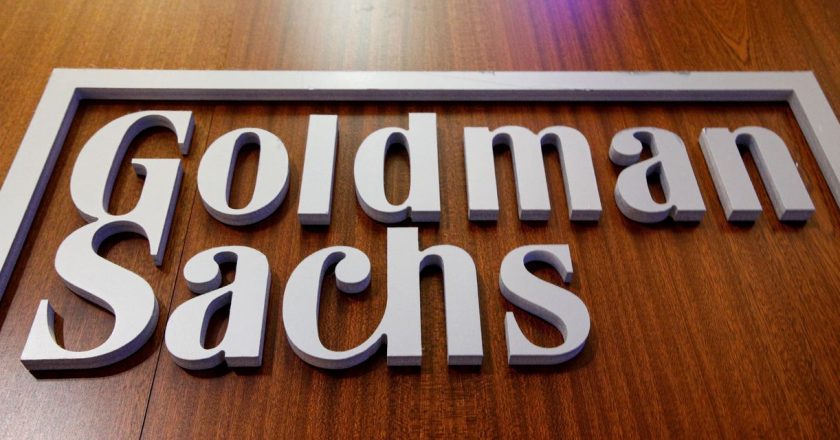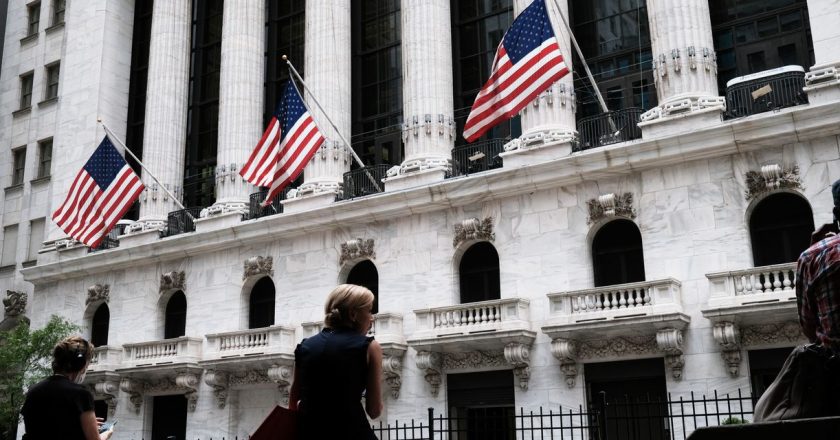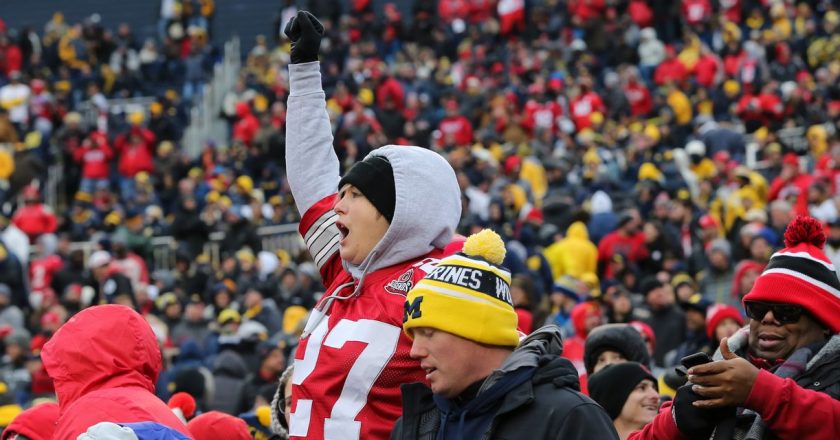Miners Labor to Find Enough Truck Drivers, Workers
SYDNEY—The hottest commodity in Australia’s biggest mining province comes with a driving license and a willingness to work 12-hour shifts under a baking desert sun. Western Australia, the world’s main source of iron ore and a significant producer of gold, is so short of truck drivers that some companies are pressing retired soldiers and furloughed airline pilots into service on mine sites, or offering gourmet meals and building Olympic-size swimming pools to attract more workers. Competition for skills is driving up wages, adding a new layer of costs and supporting metals prices. For miners unable to find enough workers, projects designed to meet the next wave of commodities demand are being delayed.










